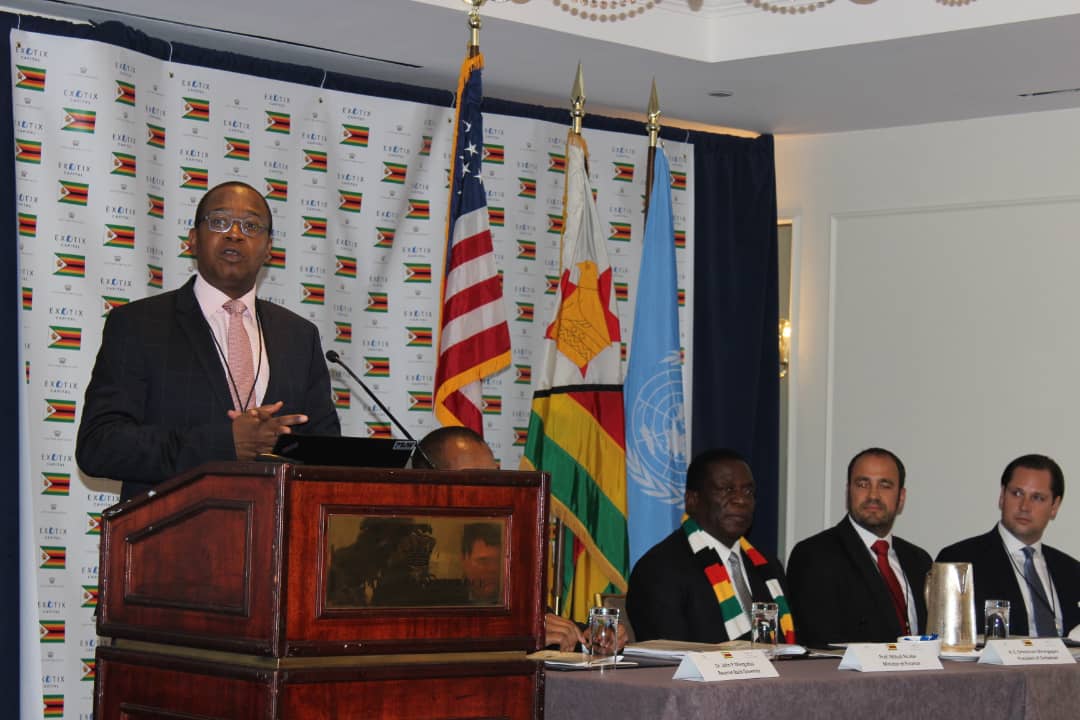Staff Reporter
The European Union (EU) has shown confidence in Zimbabwe’s economic potential by signing four key financing agreements with the Zimbabwean government, totalling US$80 million.
The agreements, signed yesterday, marked a significant step in EU-Zimbabwe relations and highlighted the mutual commitment to fostering sustainable growth in the nation.
The funds were designated to boost agriculture, biodiversity, governance, and gender equality, underscoring Zimbabwe’s progress in its engagement and re-engagement strategy with international partners.
EU officials emphasised their dedication to supporting Zimbabwe’s socio-economic development, a testament to growing diplomatic and economic ties.
Speaking at the meeting yesterday, EU Ambassador to Zimbabwe, Jobst von Kirchmann, praised the agreements as a cornerstone in the EU’s collaboration with Zimbabwe, aligning the EU’s Global Gateway priorities with Zimbabwe’s National Development Strategy One (NDS1).
“Today’s financing agreements mark a major milestone in the shared commitment between Team Europe and Zimbabwe to promote sustainable, inclusive growth across the country. By aligning our priorities with Zimbabwe’s development strategy, we are addressing immediate needs while empowering Zimbabweans, especially women and youth, to build a resilient society and economy. Together, we are investing in a sustainable future that will benefit generations to come,” Ambassador Kirchmann explained.
Minister of Finance, Economic Development, and Investment Promotion, Professor Mthuli Ncube, welcomed the EU’s continued support, describing it as pivotal in achieving the nation’s development objectives.
“Zimbabwe remains grateful for the EU’s support, and today marks another milestone in our cooperation. This investment builds upon and reinforces previous initiatives under the 11th European Development Fund and aligns with our national development goals as outlined in NDS 1.
“The financing agreements come at a time when Zimbabwe is actively seeking global partnerships to secure both financial and technical support. Through its engagement and re-engagement agenda, Zimbabwe is focusing on establishing robust relationships with development partners to achieve its ambitious goals under NDS1, which emphasises inclusive and sustainable economic growth,” said Professor Ncube.
Meanwhile, the agreements signed yesterday signify a deepened partnership that aims to enhance critical sectors within Zimbabwe’s economy.
Agriculture, biodiversity, and governance are key areas for Zimbabwe, given the country’s reliance on natural resources and its commitment to sustainable management practices.
Additionally, the focus on gender equality aligns with the government’s commitment in creating a more inclusive society that supports the rights and opportunities of women and youth.
As Zimbabwe continues to attract international support, these agreements provide the financial momentum needed to accelerate the country’s path toward sustainable development.




